Introduction
The shock waves spread throughout the social media landscape when news of a potential TikTok ban in the US hit. Many debates erupted concerning national security, data privacy, and economic repercussions for millions of creators. Behind the controversy is ByteDance, the parent company of TikTok, owned by China. In the face of increasing tensions between the US and China, lawmakers question whether TikTok's risks outweigh its popularity.
Why Is TikTok Facing a Ban?
The basic concerns of potential banning include the privacy of data as well as the safety of the nation. TikTok receives massive data in the form of user data:
Location information
Device identifiers
User interactions, preferences
Biometric data comprising face and voice information
The very normality of this information for most apps has raised concerns for those who are questioning the parent company, ByteDance since it is China-based. Some fear that the U.S. might be at a disadvantage because information can be turned over to the Chinese government should they request this information under law, which makes Chinese companies divulge information.
Timeline of the TikTok Controversy
1) 2019-2020: Early Concerns
The first wave of scrutiny for TikTok came under the Trump administration. An executive order was issued to ban the app, but it was blocked by federal courts.
2) 2021: Biden Administration's Approach
President Biden revoked the Trump-era executive orders and replaced them with a more comprehensive review process for foreign-owned apps.
3) 2023: Escalating Tensions
Congressional hearings called TikTok Chief Executive Shou Zi Chew before the public eye, where he defended the company's practices. Assurances have been made, but it is still unsure if TikTok is independent of its parent company Byte Dance, and thus China.
4) 2025: Ban in Sight?
TikTok has warned that it may have to "go dark" in the US if a ban is implemented by the Supreme Court or Congress. The fate of the app remains uncertain as negotiations continue.
National Security and Data Privacy Concerns
The US government believes that TikTok can be employed to:
1) Siphon off Data
Information on sensitive data of users would be available to the Chinese Government, thus breaching national security
2) Spreading Misinformation
TikTok would influence public opinion by either popularizing or eradicating the content of one's choice.
3) Conduct Espionage
Though there have been allegations of espionage against it, the charge is not substantiated.
TikTok has dismissed these allegations, highlighting how it protects its users' information through projects such as Project Texas which will ensure U.S. users' data is stored locally on the premises with Oracle.
Actions of the Biden Administration
The Biden administration has come out strongly while being measured about the whole thing. Key action includes:
1) Evaluation of TikTok's Activities
Ongoing audits are evaluating if TikTok does indeed adhere to the US requirements for security and privacy.
2) Pressure on ByteDance
The government has hinted at forcing ByteDance to sell its US business to a non-Chinese firm.
3) Legislative Efforts
Bills like the RESTRICT Act would enable the government to have more authority to ban apps
4) Associated with foreign adversaries.
While no concrete step has been taken so far, the administration's emphasis on data sovereignty and security makes a ban an actua3l possibility.
How TikTokers Are Responding
For TikTok creators, TikTok is a source of livelihood. As a ban threat looms in the air, many of them are taking preventive measures:
1) Diversifying Platforms
Creators are extending their presence through
Instagram Reels
YouTube Shorts
Snapchat Spotlight
These offer similar features and are popular alternatives for short-form video content.
2) Building Personal Brands
To protect the audience, many influencers are:
Creating personal websites
Using email newsletters to maintain contact with followers
3) New Apps on the Rise
Triller
Clapper
Lemon
are coming up as alternatives to TikTok.
4) Partnering with Brands
Many TikTokers are working with brands on other platforms, such as Instagram and YouTube, to continue earning their keep.
What Does TikTok Do to Stay Off the Ban List?
TikTok is actively engaging US concerns. Some of the steps it is taking include:
1) Project Texas
This includes saving all US user data on servers managed by Oracle in the United States. TikTok explains that this has the effect that ByteDance and any foreign nation cannot access it.
2) Transparency Centers
The company has unveiled transparency centers whereby US officials will be allowed to view its algorithm and data usage practices.
3) Sale
ByteDance can transfer TikTok US operations to a nongovernment of China enterprise although this has so far not emerged.
Conclusion
The banning debate of TikTok in the US has a broader emphasis on data privacy, national security, and digital sovereignty. Although its future continues to be uncertain, both TikTok and its creators are prepared for possible outcomes. For the TikTokers, it is very important to diversify their platforms and develop independent brands to ride through this turbulent time.
The coming months are going to determine whether TikTok can overcome the above challenges or whether the US is to enforce a complete ban and hence reshape the social media landscape.
FAQs
1) What does TikTok do to prevent banning in the US?
TikTok has rolled out measures including:
Storing US user data on Oracle-managed servers which limits access from foreign entities.
Transparency centers to be set up for US officials to audit its operations and algorithms.
Consider divesting from ByteDance to address concerns of ownership.
2) What are the alternatives to TikTok for creators and users?
Some of the popular alternatives are as follows:
Instagram Reels
YouTube Shorts
Snapchat Spotlight
Emerging platforms like Triller, Clapper, and Lemon8.
3) Can TikTok avoid a ban altogether?
TikTok can potentially avoid a ban by complying with US regulations, ensuring data security through initiatives like Project Texas, and possibly separating from ByteDance by selling its US operations to a non-Chinese entity.
4) How likely is a TikTok ban to happen?
While no resolution has been adopted, growing public pressure from US authorities and congressional support for strict action against the app make its ban a clear possibility. Now, it rests in the hands of negotiations that are going to take place at the legislative and policy levels as well.
5) In case the App is banned? What should they do?
Use TikTok with other platforms to maintain their content before the ban,
Follow their desired creators on others to stay ahead.
Explore other apps that have similar features.
6) Will employees working in TikTok in the United States stand a chance of losing their job?
Yes. In case the TikTok platform is banned, thousands of employees working from its offices or contractors could lose their jobs. That would be economically severe.

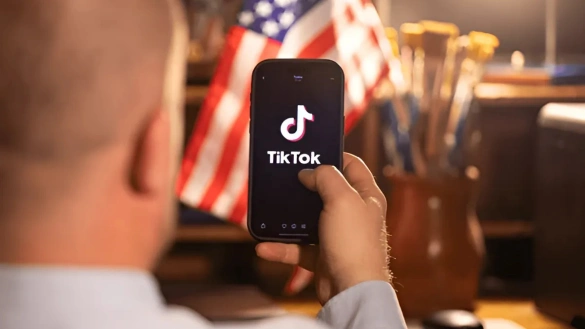
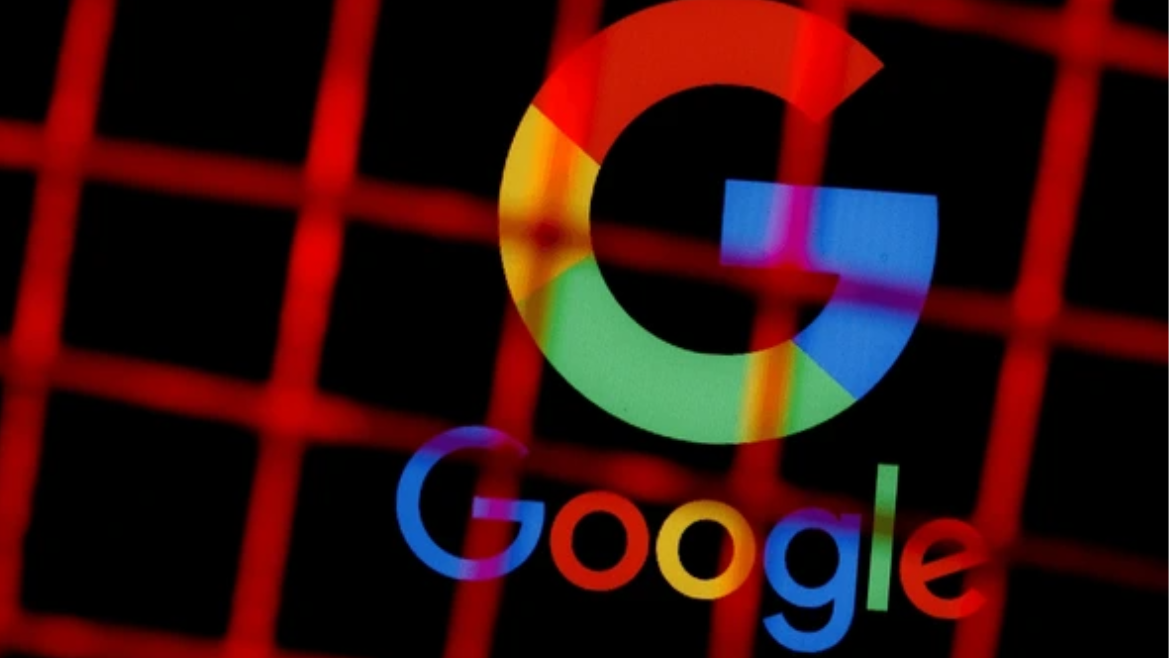




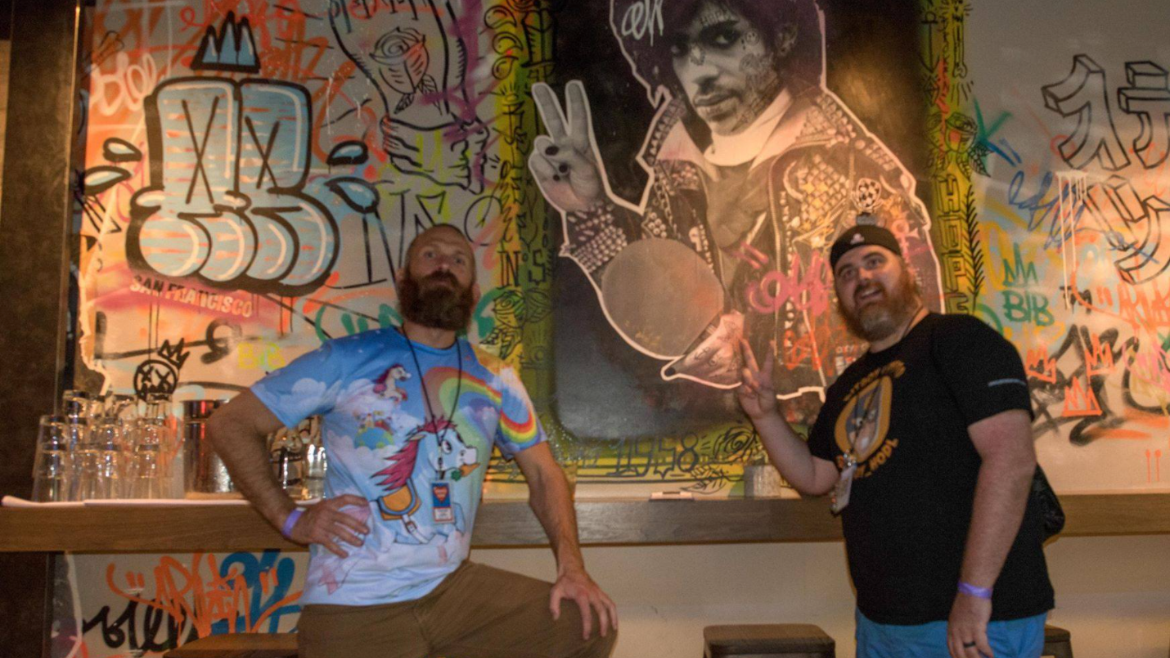



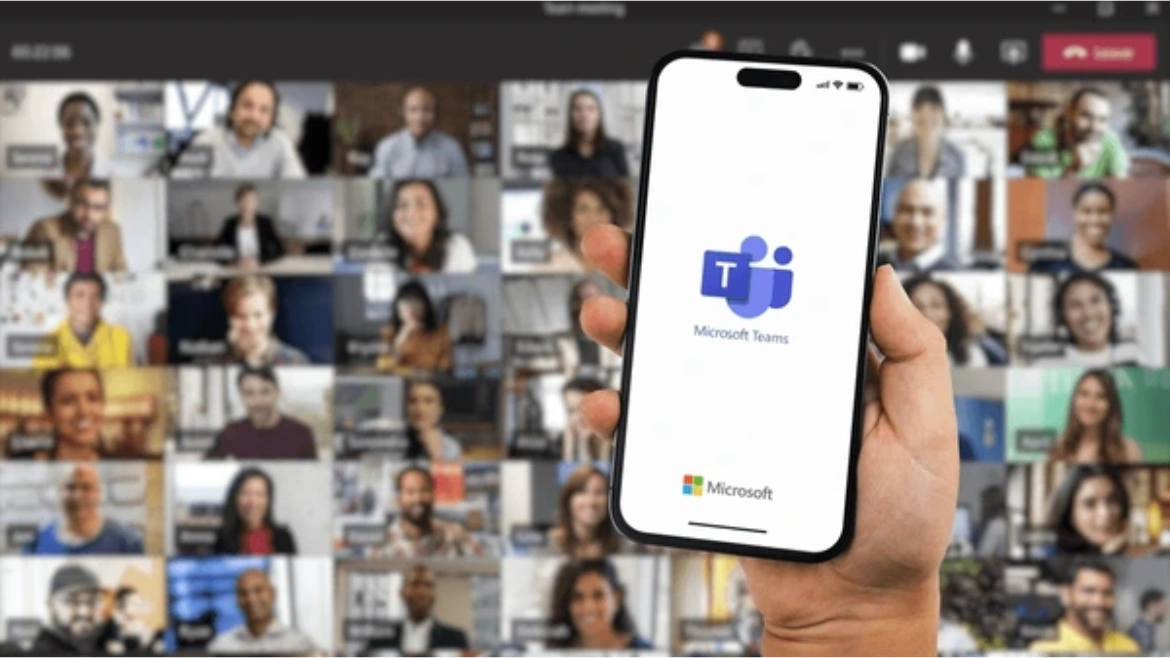
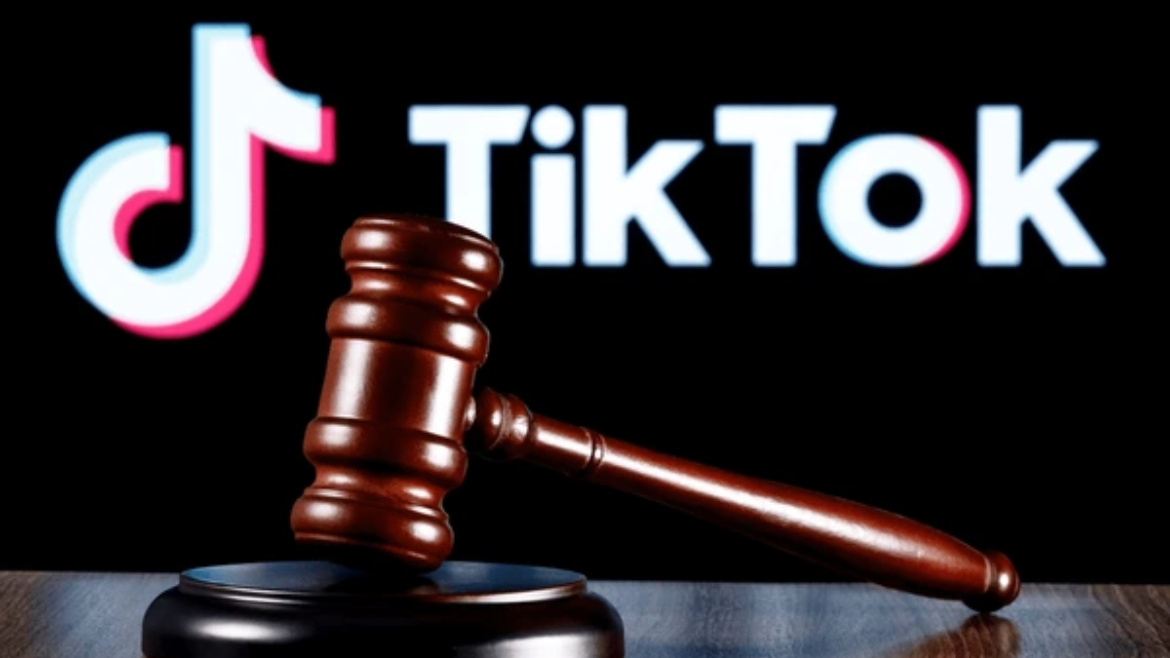

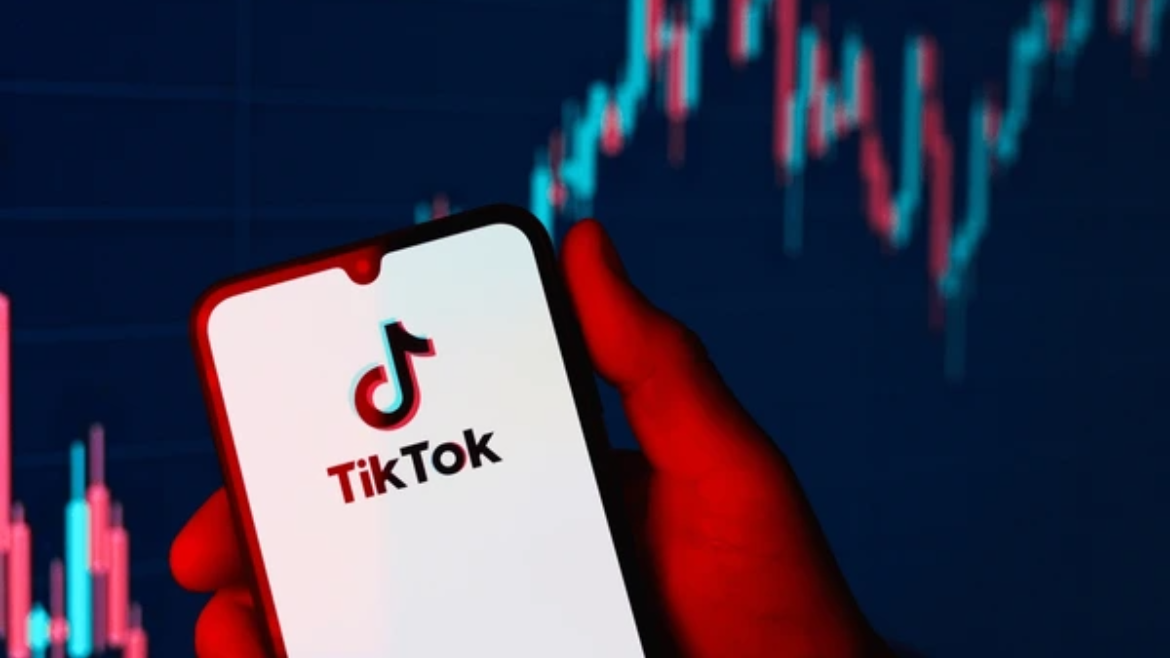
10 Comments
Trevor Ullathorne
1 month agoAshlee Fabinyi
1 month agoLudie Robeson
2 months ago* * * <a href="http://www.isolnwealth.com/index.php?q0my2b">Free BTC drop - do not be the last to hear about it</a> * * * hs=c58263d36dacdbac22bbff78ab49c8e8* ххх*
4 months ago* * * Not a drill - iPhone 16 giveaway is real: https://redmak.com.tr/index.php?d3a78b * * * hs=6d654e4e7e41f568d897757e0ec02f69* ххх*
4 months ago* * * <a href="https://redmak.com.tr/index.php?d3a78b">Free money? Yeah, we said it</a> * * * hs=6d654e4e7e41f568d897757e0ec02f69* ххх*
4 months ago* * * What if your next tap paid off? Literally: http://www.isolnwealth.com/index.php?q0my2b * * * hs=c58263d36dacdbac22bbff78ab49c8e8* ххх*
4 months ago* * * Apple just dropped it You could pick it up for free: https://redmak.com.tr/index.php?d3a78b * * * hs=6d654e4e7e41f568d897757e0ec02f69* ххх*
4 months ago* * * <a href="https://redmak.com.tr/index.php?d3a78b">Zero investment Real payout Try it now</a> * * * hs=6d654e4e7e41f568d897757e0ec02f69* ххх*
4 months agoErnieNor
4 months ago* * * It is real It is free It is yours: https://redmak.com.tr/index.php?d3a78b * * * hs=6d654e4e7e41f568d897757e0ec02f69* ххх*
4 months agoyiitrlih
5 months agoJonah
5 months agohjoxntmofs
7 months ago* * * Snag Your Free Gift: https://www.omkarlabour.com/index.php?klap2t * * * hs=4f8a6786bf3576e0641a8a67a0adf0a4* ххх*
7 months ago